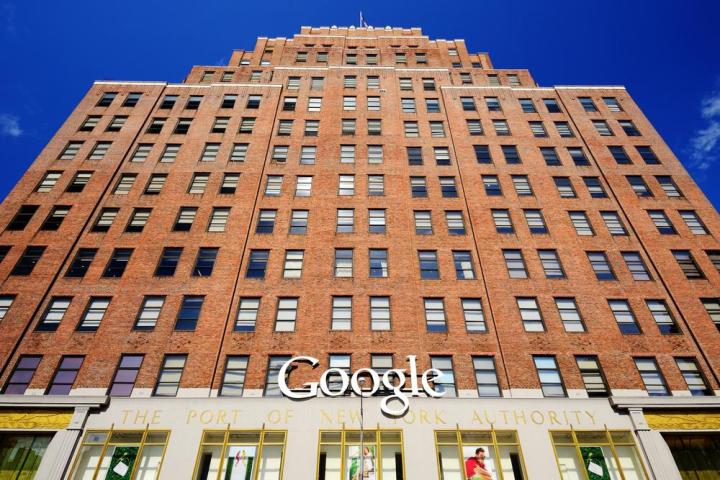
As per a new report from Ofcom, an “independent regulator and competition authority for the UK communications industries,” despite the fact today’s children have grown up with the Internet, it hasn’t made them any more discerning when it comes to the web’s tricks. “The internet allows children to learn, discover different points of view and stay connected with friends and family,” said James Thickett, Ofcom’s director of research. “But these digital natives still need help to develop the knowhow they need to navigate the online world.”
According to Ofcom’s study, British children between 12 and 15 years of age spend nearly three hours every day on the Internet, and nearly 10 percent cite YouTube as their primary purveyor of “true and accurate” information. And as our progeny begin to depend more and more on the web, it’s becoming all the more important that they remain vigilant about the quality of information they receive (or what they choose to believe).
Part of the problem, it seems, is the lack of regulation surrounding certain endorsements or “unofficial advertisements.” As The Verge notes, “other social networks — including Instagram and Twitter — have also been criticized for letting paid-for promotions slip under the radar.” Instagram, for example features unofficial celebrity endorsements of products such weight loss teas and teeth-whitening kits. And back in April, a lawsuit was filed against Google accusing the search engine of using “unfair and deceptive” ads targeted towards children (who have an uncanny way of convincing their children to satisfy their desires).
So be careful, teens. Not all that glitters is gold, and not all those Google search results are what they seem.
Editors' Recommendations
- The squishy Sensiworm robot goes places other robots can’t
- You can now try out Google’s Bard, the rival to ChatGPT
- You probably can’t hit max clock speeds on AMD’s Ryzen 9 7950X
- Mars helicopter Ingenuity hits 23rd flight, can’t be stopped
- This new Google Chrome feature may boost your search history


